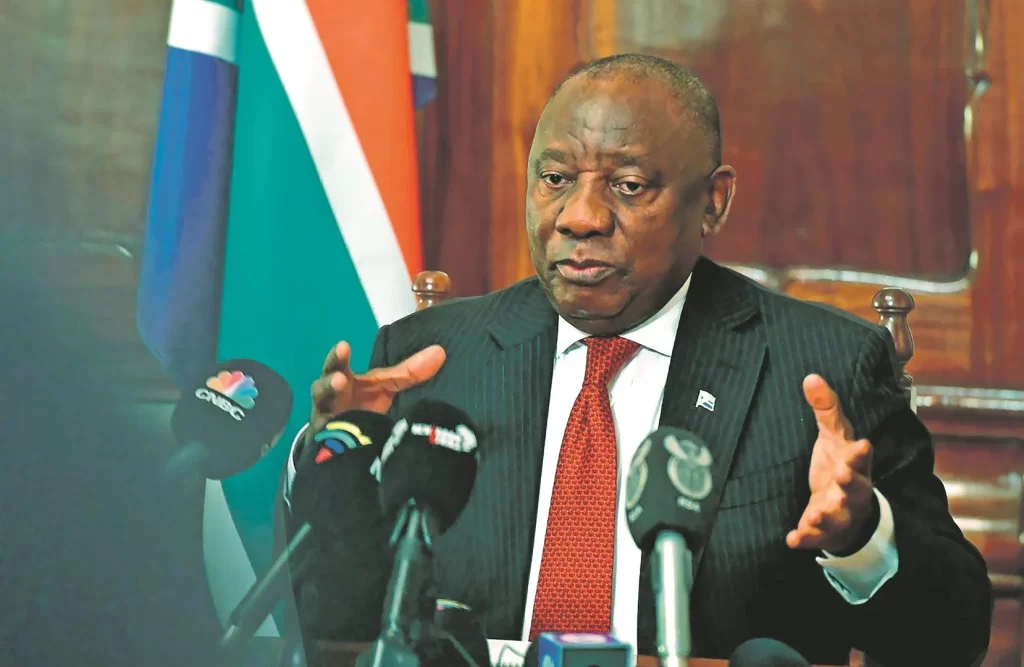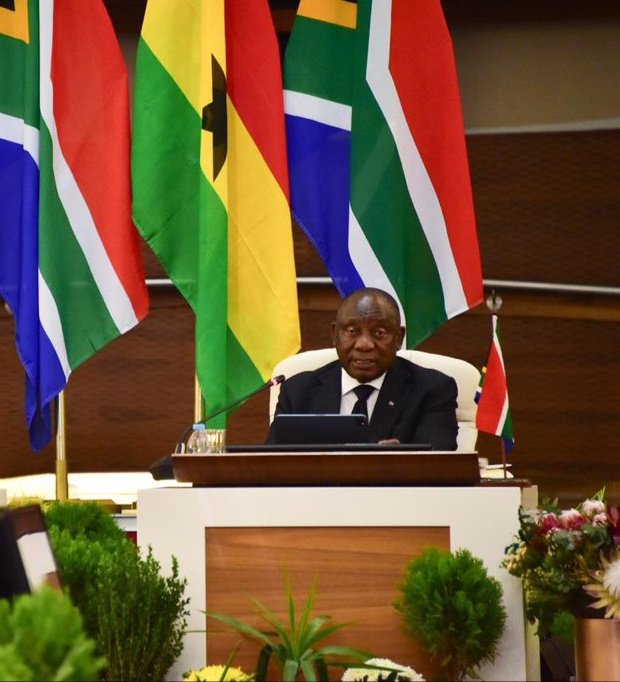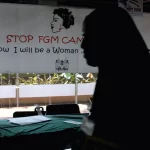Amendments in the South African Electoral Matters Amendment Bill are plainly unconstitutional and a significant threat to South Africa’s democracy. Ruling party set to get bigger share of state funding. Thus, The Electoral Matters Amendment Bill is a blatant attempt by the ANC to get its hands on millions more of taxpayers’ money to fatten up the ruling party’s thinning wallet.
Chances of vote being postponed are slim.
The National Assembly passed the Electoral Matters Amendment Bill, opening the door to litigation before the crucial general election. The National Assembly passed the Electoral Matters Amendment Bill during a hybrid plenary.
The Bill seeks to amend the Political Party Funding Act of 2018 and align various pieces of legislation with the Electoral Amendment Act of 2023, which enables independent candidates to contest in elections for seats in the National Assembly and provincial legislatures. It also makes provision for independent candidates to declare their funding sources.
Home Affairs Minister Aaron Motsoaledi introduced the Bill in December to regulate the private and public funding of independent candidates and representatives. It will now be sent to the National Council of Provinces for concurrence.
The legislation controversially changes the funding formula of how political parties and independents represented in legislatures receive allocations from state coffers.
The Bill proposes a change to the funding formula, which will allocate 90% of funds based on proportional representation and 10% on an equitable basis because the Constitution makes it clear that funding should be allocated on an “equitable and proportional basis. After 1996, the ANC switched this formula around by putting proportional before equitable.

In 2018 the Political Party Funding Act provided a formula of two-thirds proportional and one-third equitable, that went a long way towards levelling the playing field for all parties and promoted true fairness.
But now the ANC wants to revert to the previous model under the guise of funding for independent candidates.
The National Assembly passed the Bill with 240 votes in.
The bill will now be referred to the National Council of Provinces for approval and then referred to President Cyril Ramaphosa to sign into law.
The National Assembly passed the Bill with 240 votes in favour and 90 against. The ANC, EFF and NFP voted in favour, while the DA, IFP, FF Plus, ACDP, UDM, Good party, Cope and PAC voted against it. Most of the amendments were technical in that the words ‘independent’, ‘candidate’ or ‘independent representative’ were inserted in the Act, alongside the words ‘political party’.
The original formula that was used when the Political Party Funding Act was passed was done when there were no independent candidates; now that South Africa has independents, the formula cannot be the same. The Constitutional Court has never before made any mention of the funding of independent candidates. The Constitution also has very clear guidelines on the matter.
The objective of section 236 of the Constitution is to promote multi-party democracy. So, the proposals put forth by the ANC in the legislative amendment will bring about the exact opposite and benefit only one party, namely the ANC.
The Bill also made it an offence — punishable by a fine, imprisonment or both — for donations to be made to gain political influence and favour.
It makes it an offence to donate to a political party, a member of a political party, an independent candidate, or an independent representative in the expectation that the party, member, representative or candidate concerned will influence the awarding of a tender, license, approval, consent or permission, or the relaxation of a condition or restriction.
The Bill prevented the Electoral Commission from accepting donations for the Multi-Party Democracy Fund if there was reason to believe they were the proceeds of crime.
The commission can also suspend the payment of money to a represented political party, independent political party, or independent representative if it is satisfied on reasonable grounds that the represented political party or independent representative has failed to comply with the Act.
The Bill is likely to be challenged in court due to what opposition parties say is an attempt by the ANC to increase its share of funds and concerns about how it regulates the disclosure threshold and annual upper limits.
The Bill was a crude attempt at directing more public and donor funds into the coffers of the ANC to help it try to cling to power.
In its current form the Bill will change how party funding is allocated and create the possibility of a period of time where there will be no upper limit on party donations, nor threshold for when a party must disclose a donation. These clauses have nothing to do with the inclusion of independent candidates.Under the new Bill, an extra R50-million will go to the ANC in the next year alone, while smaller parties’ allocations would be more than halved. Passing the Bill was consistent with the ANC’s ongoing campaign to undermine the Political Party Funding Act (PPFA) by expanding its reporting threshold and annual funding limits. In 2023 the ANC instructed its MPs to use parliamentary processes to give life to this campaign.




